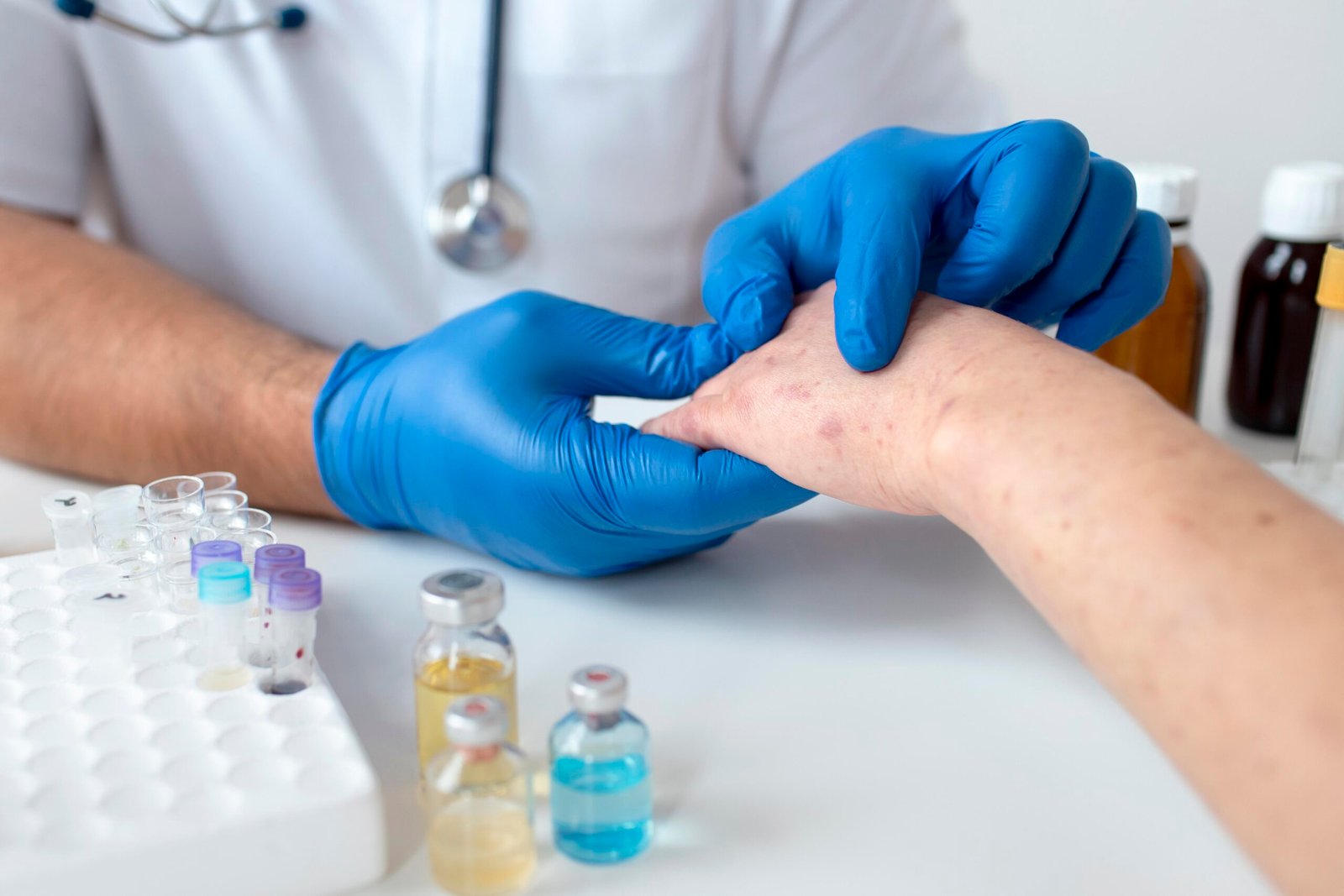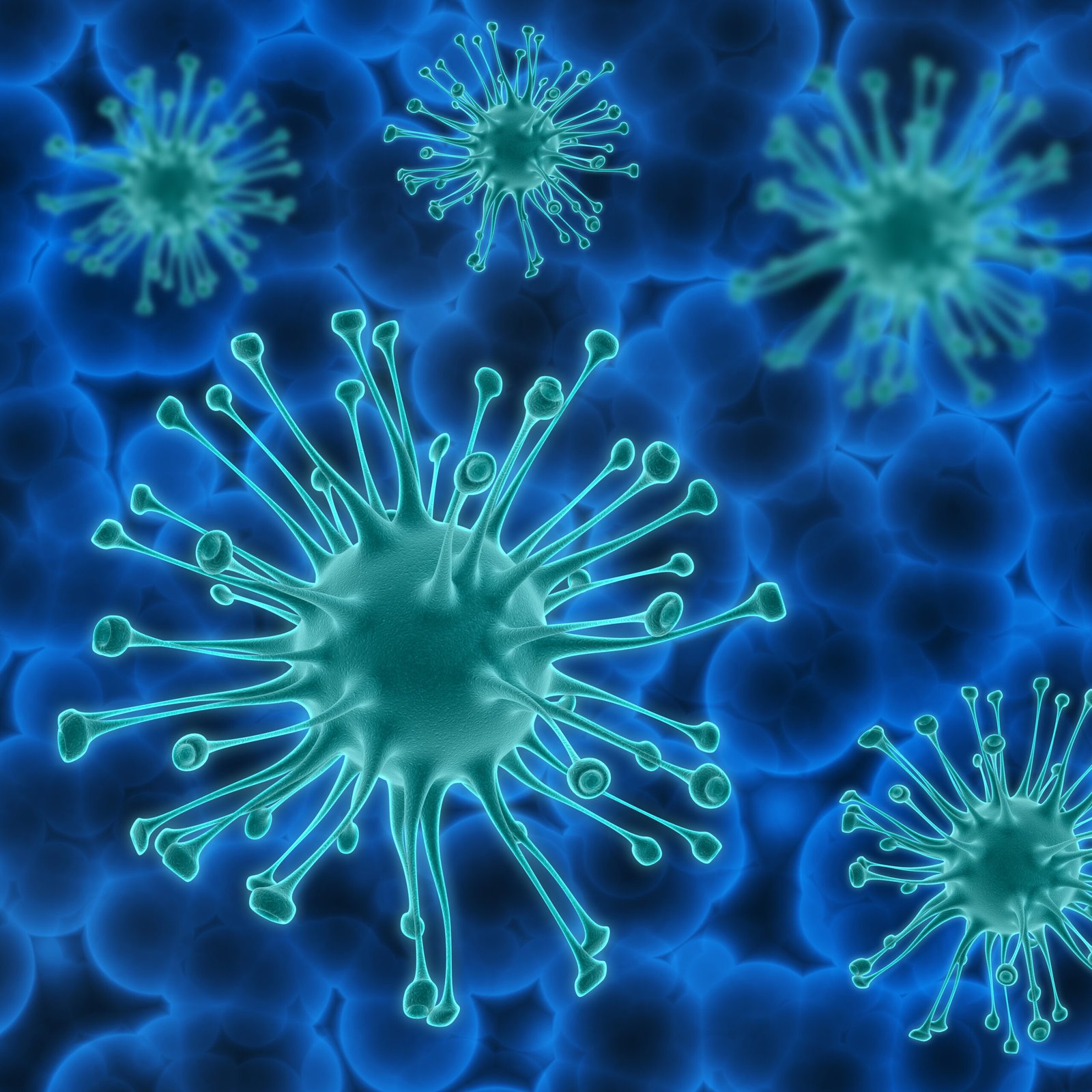Scientists at Sanaria and Seattle Children’s Research Institute’s Center for Global Infectious Disease Research (CGIDR) have introduced an exciting malaria vaccine, the Sanaria® PfSPZ-LARC2. This new vaccine offers high-level protection with just one dose. It uses decades of research and advanced genetic engineering to fight one of the deadliest diseases in the world.
1.The Global Impact of Malaria
Malaria continues to affect millions worldwide. In 2023, there were 263 million cases and nearly 600,000 deaths, many of which were children under five. The World Health Organization (WHO) has set an ambitious goal to protect 90% of people from Plasmodium falciparum (Pf) infection. However, even with investments and previous vaccines like RTS,S and R21, this target hasn’t been reached. The new single-dose approach of the PfSPZ-LARC2 vaccine brings us closer to achieving this goal.
2.How the PfSPZ-LARC2 Vaccine Works
The PfSPZ-LARC2 vaccine uses genetically weakened parasites that replicate in the liver. However, they stop before they can reach the blood stage. This means the person receiving the vaccine stays safe and protected from malaria. Scientists removed two important genes (Mei2 and LINUP) from the parasite’s genome, making sure it can’t cause disease or spread, but still offers protection.
This new dual-gene deletion is an improvement over earlier versions of the vaccine, like PfSPZ-LARC1, which only removed one gene (Mei2). By adding the second gene deletion, researchers made the vaccine even safer and more effective. Early studies show that this new version offers stronger protection than previous vaccines.
3.Exciting Results and Future Trials
A key study published in Nature Medicine in January 2025 showed the potential of LARC vaccines. Researchers tested a version called GA2, which only had the Mei2 gene removed, and found it provided 90% protection against malaria after just one dose. This breakthrough shows the promise of using genetically weakened parasites to build immunity.
While GA2 showed great results, it was given through mosquito bites, which isn’t practical for large-scale use. The new PfSPZ-LARC2 vaccine is injectable, making it easier to distribute and meet safety standards for clinical trials.
4.Upcoming Clinical Trials
PfSPZ-LARC2 will undergo clinical trials in 2025 in the U.S., Germany, and Burkina Faso. These trials will test the vaccine’s safety and effectiveness in different populations. The results from these trials could help decide how the vaccine is used globally in the future.
5.Expert Support for the New Vaccine
Experts are excited about this new vaccine. Professor Sodiomon Sirima, a leading researcher in Burkina Faso, called the PfSPZ-LARC2 vaccine the only one with the potential to reach the WHO’s goal of 90% protection. Dr. Stephen L. Hoffman, CEO of Sanaria, said the vaccine is expected to be their flagship and is highly protective, even during pregnancy.
Dr. Stefan Kappe of CGIDR highlighted that the vaccine could change the game in malaria prevention. The success of the GA2 vaccine shows that LARC vaccines could be key in eliminating malaria globally.
6.A New Hope in the Fight Against Malaria
Despite significant investments, global malaria cases and deaths have remained stable. The WHO’s call for a vaccine offering at least 90% protection is urgent. The PfSPZ-LARC2 vaccine could be the answer. Its single-dose regimen, high protection rates, and broad accessibility make it a potential game-changer. By targeting the parasite at a crucial stage, this vaccine could help finally eradicate malaria.
Source: Sanaria Inc.
Date:Feb 12 2025




